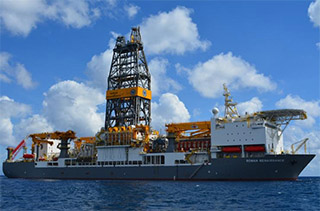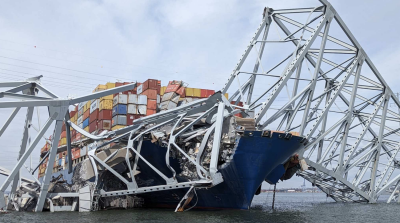Rowan Companies Inc. announced yesterday that the company had amended its revolving credit agreement, extending the maturity date by one year to Jan. 23, 2021, from Jan. 23, 2020.
Availability under the facility is $1.5 billion through Jan. 23, 2019, declining to $1.44 billion through Jan. 23, 2020, and to approximately $1.29 billion through the maturity in 2021. The facility is undrawn today. Additionally, during the fourth quarter of 2015, Rowan retired approximately $98 million of outstanding senior notes which would have come due over the next four years, eliminating over $21 million of interest over this same time period.
The Houston-based offshore contract driller also announced the elimination of its quarterly cash dividend of 10 cents a share effective immediately. This will free up about $50 million annually.
"Rowan is well positioned with high quality contract backlog, no newbuild capital commitments, strong liquidity, and an attractive debt maturity profile," Tom Burke, Rowan's president and chief executive officer, said in a statement. "The actions announced today further strengthen our credit profile, which we believe will be a competitive advantage during this extremely challenging business cycle. The extension of our credit facility to 2021, elimination of the dividend and recent debt retirements, coupled with our strong cash position in excess of $480 million at year end, will provide us greater flexibility to both weather the severe cyclical downturn and opportunistically invest countercyclically. We will remain focused on reducing our cost structure and capital spending and identifying the best uses of capital to maximize financial returns."
Rowan has a fleet of 31 mobile offshore drilling units, made up of 27 jackup rigs and four ultradeepwater drillships. The company operates worldwide, including the U.S. Gulf of Mexico, the United Kingdom and Norwegian sectors of the North Sea, the Middle East, Southeast Asia, and Trinidad.





